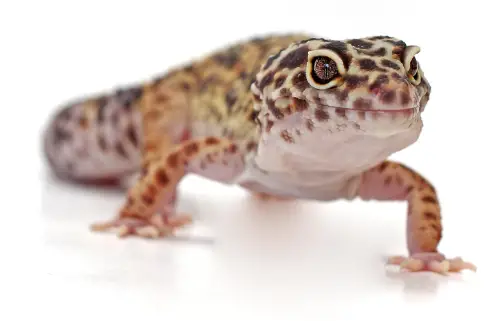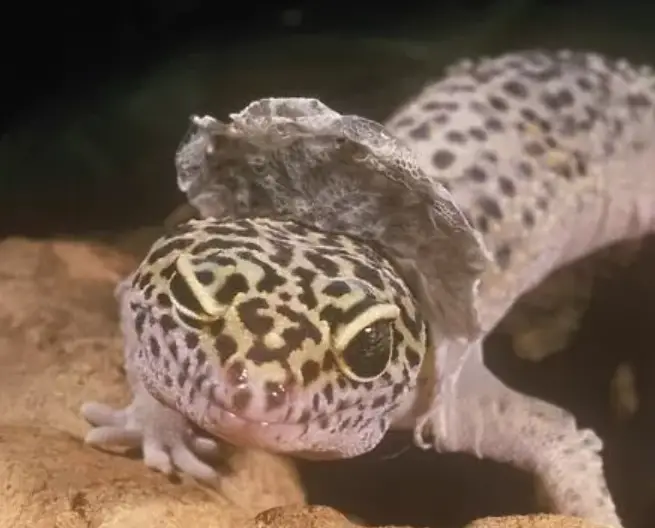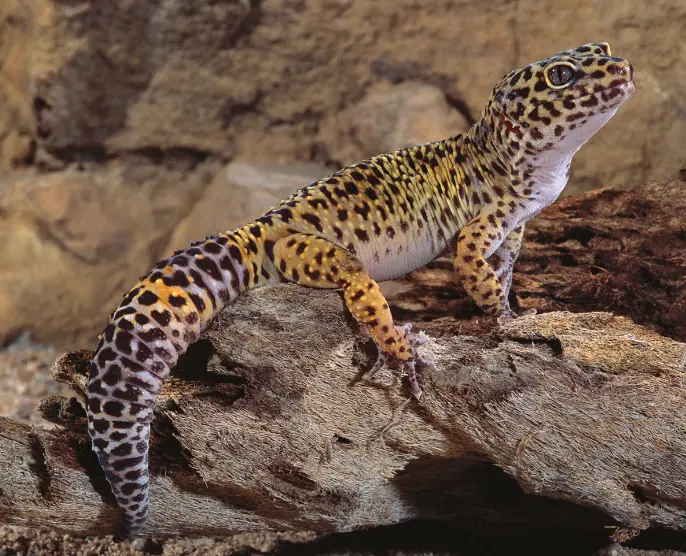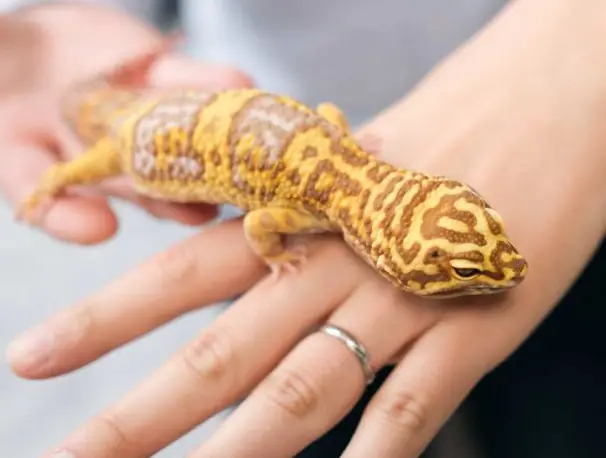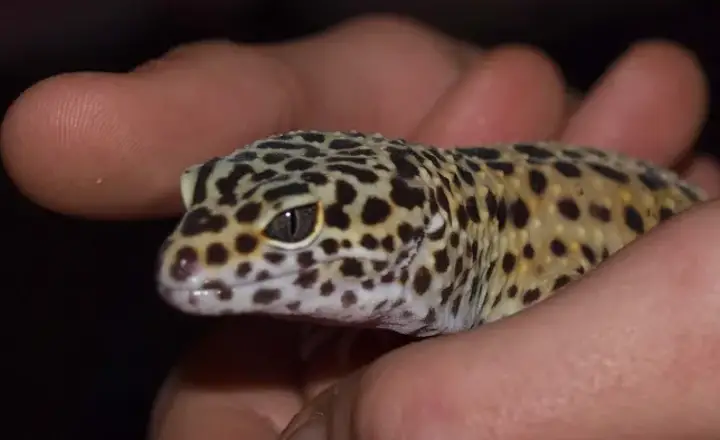As one of the most popular reptile pets, leopard geckos are known for their unique appearance, docile nature, and relative ease of care. However, like any pet, leopard geckos are prone to a variety of health issues that can affect their well-being. Whether you’re a new or experienced leopard gecko owner, it’s important to be aware of the most common health problems that these creatures can face. In this article, we’ll explore some of the most frequent health issues that affect leopard geckos and provide tips on how to prevent and treat them.
Common Health Problems of Leopard Geckos
Leopard geckos are generally hardy and healthy animals, but they are prone to several health issues that can affect their quality of life. Some of the most common health issues that leopard geckos can experience include metabolic bone disease, shedding problems, respiratory infections, impaction, parasitic infections, and dental issues. It’s important to be aware of these potential problems and take steps to prevent them whenever possible.
Metabolic Bone Disease
Metabolic bone disease (MBD) is a common health issue that affects many reptiles, including leopard geckos. MBD is caused by a calcium deficiency and can lead to a host of health problems, including deformities, fractures, and weakened bones.
Leopard geckos are prone to MBD if they do not receive adequate calcium and UVB light in their diet. Signs of MBD can include lethargy, tremors, twitching, and difficulty walking. To prevent MBD, leopard gecko owners should provide their pets with a balanced diet that includes calcium supplements and UVB lighting.
Shedding Issues
Leopard geckos regularly shed their skin as they grow. While shedding is a normal part of a leopard gecko’s life cycle, issues can arise if the process is disrupted. Shedding problems can lead to skin irritation, infection, and even issues with limb amputation in severe cases.
To prevent shedding issues, leopard gecko owners should provide their pets with a moist hide and ensure that the enclosure has adequate humidity levels. It’s also crucial to avoid handling the gecko during shedding, as this can cause the skin to tear and lead to injury.
Respiratory Infections
Respiratory infections, also known as respiratory disease or pneumonia, are a common health issue that can affect leopard geckos. Respiratory infections can be caused by a variety of factors, including stress, poor husbandry, and bacterial or fungal infections.
Signs of respiratory infection in leopard geckos can include wheezing, wheezing or raspy breathing, discharge from the nose and mouth, and lethargy. To prevent respiratory infections, leopard gecko owners should maintain proper enclosure temperature and humidity levels and seek veterinary care promptly if their pet shows signs of illness.
Impaction
Impaction is a condition that occurs when a leopard gecko ingests an object that cannot be digested or passed through the digestive tract. Common causes of impaction in leopard geckos include eating substrate, ingesting pieces of bedding or decor, and dehydration.
Symptoms of impaction can include loss of appetite, lethargy, constipation, and bloating. To prevent impaction, leopard gecko owners should ensure that their pets have access to fresh water at all times and avoid using loose substrate in their enclosures.
Parasitic Infections
Leopard geckos are susceptible to a variety of parasitic infections, including mites, ticks, and internal parasites. Parasitic infections can cause a range of symptoms, including lethargy, weight loss, and skin irritation.
To prevent parasitic infections, leopard gecko owners should maintain proper husbandry and hygiene practices and avoid exposure to potential sources of parasites. Regular veterinary checkups can also help identify and treat parasitic infections early on.
Dental Issues
While less common than other health issues, leopard geckos can experience dental problems that can affect their eating and drinking habits. Dental issues can include broken or overgrown teeth, gum disease, and infections.
Symptoms of dental issues in leopard geckos can include difficulty chewing and swallowing, weight loss, and loss of appetite. To prevent dental problems, leopard gecko owners should provide their pets with a varied diet that includes appropriate calcium supplementation and seek veterinary care promptly if signs of dental issues arise.
Monitoring and Preventing Leopard Gecko Health Issues
To maintain the overall health and well-being of your leopard gecko, it’s important to establish a regular monitoring routine and take steps to prevent potential health issues. Monitoring your pet’s behavior and appearance on a regular basis can help identify potential problems early on, allowing you to seek veterinary care promptly.
In addition to monitoring your pet’s health, there are several steps you can take to help prevent health issues in your leopard gecko. These include maintaining proper husbandry practices, such as providing an appropriate enclosure, diet, and lighting, avoiding exposure to potential sources of parasites, and avoiding handling your pet during shedding.
Conclusion
In conclusion, while leopard geckos are generally hardy and relatively easy to care for, they are prone to several health issues that can impact their well-being. By familiarizing yourself with the most common health problems that affect leopard geckos and taking steps to prevent and treat these issues, you can ensure that your pet stays healthy and happy for years to come.
